Could medication be causing your elderly parent’s hearing loss?
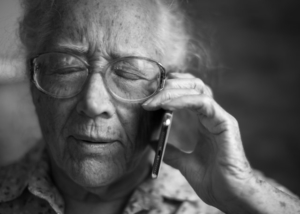 According to a neurologist from the Mayo Clinic, there are more than 200 medications that can cause hearing loss. These drugs are known as ototoxic and can cause tinnitus, temporary hearing loss and even permanent hearing loss.
According to a neurologist from the Mayo Clinic, there are more than 200 medications that can cause hearing loss. These drugs are known as ototoxic and can cause tinnitus, temporary hearing loss and even permanent hearing loss. 
What is ototoxicity?
The definition of ototoxic offered at Medscape Reference is that an ototoxic drug is one with the potential to “cause toxic reactions to structures of the inner ear, including the cochlea, vestibule, semicircular canals, and otoliths.” Drug-induced damage to these structures of the auditory and balance system can result in hearing loss, tinnitus and dizziness. The hearing damage caused can be temporary or permanent.
According to Mayo Clinic neurologist Jerry Swanson, about 200 drugs are considered potentially ototoxic. For instance, an antibiotic called Gentamicin is attributed by the American Hearing Research Foundation as causing 15 to 50 percent of cases of a certain type of hearing loss known as Bilateral Vestibulopathy.
You might not be warned if taking ototoxic drugs
And patients may not always be alerted by doctors or pharmacists that the drugs they are taking are ototoxic. Even some over the counter drugs like ibuprofen can cause hearing loss. Ibuprofen, which is the active ingredient in Advil can lead to hearing loss if taken in high doses or for a prolonged period time. Luckily, this hearing loss is often temporary and disappears when the ibuprofen is no longer taken, according to the Mayo Clinic.
Know your medications
For those already experiencing hearing loss or tinnitus, even if not caused by ototoxic medications, it is even more important to be aware of the medications that you take. Talk with your pharmacist about any ototoxic potential of your medications.
If you’re elderly loved one already has hearing loss or tinnitus, whether the cause is from ototoxic medications or other causes, it is especially important to be aware of the medications that you are taking. It can be helpful to speak with your pharmacist about any ototoxic potential of your medications.
Preventing hearing loss when taking ototoxic medications
Hearing loss might be a minor risk if the ototoxic medication you are taking is for a life-threatening illness such as cancer, according to the Mayo Clinic. However, recent studies are finding that certain minerals and vitamins may prove helpful in reducing the likelihood of hearing loss when taking ototoxic medications. There is also always the chance that there is a non-ototoxic alternative to the ototoxic medications that your parent is taking that can be just as beneficial.
Medications don’t always interact well with one another. For this reason, it’s important to let the doctor and pharmacist know all of the medications that your loved one is taking, even over the counter. It’s a given that those at risk should avoid loud noise to prevent hearing loss, but it’s even more important when taking ototoxic medication. If you are around loud noises wear ear plugs.
Physicians Choice Private Duty currently serving Omaha, Eastern Nebraska and Western Iowa provides seniors and their families a complete understanding of the available care options and helps families maneuver through the challenges of the system. All Physicians Choice Private Duty services are directed by registered nurses or social workers with no long-term contracts.Contact us today for help with your senior care needs.
“Physicians Choice Private Duty solves the problems families face in finding home health care providers they can trust. Providers who will focus on strategies that keep parents in their homes. To learn more about our health care services, visit https://private-duty.pchhc.com/services/.”

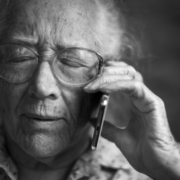

 September 22nd, the first day of Fall, is also recognized by 46 states as National Falls Prevention Awareness Day. In hopes of facilitating fall prevention, Kathryn Haslanger
September 22nd, the first day of Fall, is also recognized by 46 states as National Falls Prevention Awareness Day. In hopes of facilitating fall prevention, Kathryn Haslanger 

 Heart disease remains the leading killer in the U.S., claiming 600,000 lives every year,
Heart disease remains the leading killer in the U.S., claiming 600,000 lives every year, 

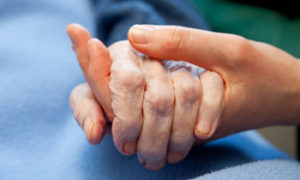 Todays post features real-life stories of how Physicians Choice Private Duty helped an elderly person and their loved ones through a tough decision-making process that ensured each persons individual care needs were met. Names have been changed to respect privacy.
Todays post features real-life stories of how Physicians Choice Private Duty helped an elderly person and their loved ones through a tough decision-making process that ensured each persons individual care needs were met. Names have been changed to respect privacy.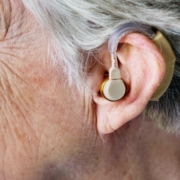
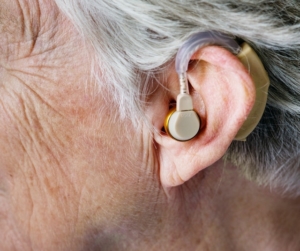 According to
According to 

 According to a video from the AARP, at any given time, 44 million Americans are taking care of an older family member. And many of these people are forced to juggle their caregiving duties with careers and other family obligations. In the video, a study shows that 42 percent of working Americans — roughly 55 million people — have provided elder care in the last five years. With an aging population, these numbers are only expected to grow.
According to a video from the AARP, at any given time, 44 million Americans are taking care of an older family member. And many of these people are forced to juggle their caregiving duties with careers and other family obligations. In the video, a study shows that 42 percent of working Americans — roughly 55 million people — have provided elder care in the last five years. With an aging population, these numbers are only expected to grow.
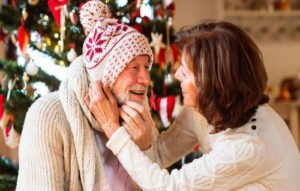 Alzheimer’s or other dementia: Should I move my loved one into long-term care?
Alzheimer’s or other dementia: Should I move my loved one into long-term care?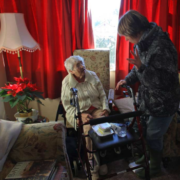
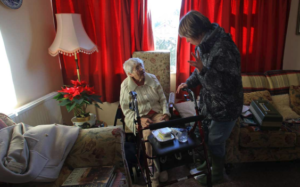 When considering the care of your aging parent, it can be hard to know the different definitions of the types of care facilities for them, let alone which one is best. Here’s a quick reference, taken from
When considering the care of your aging parent, it can be hard to know the different definitions of the types of care facilities for them, let alone which one is best. Here’s a quick reference, taken from 
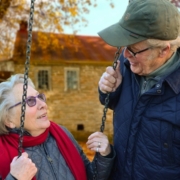
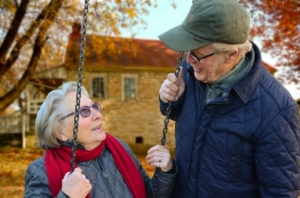 Todays post features real-life stories of how Physicians Choice Private Duty helped an elderly person and their loved ones through a tough decision-making process that ensured each persons individual care needs were met. Names have been changed to respect privacy.
Todays post features real-life stories of how Physicians Choice Private Duty helped an elderly person and their loved ones through a tough decision-making process that ensured each persons individual care needs were met. Names have been changed to respect privacy.

 Visiting an elderly parent in a nursing home or even those still at home can be difficult, especially when you live far away. Here’s a list of some things to do on a visit to get the most out of your time together.
Visiting an elderly parent in a nursing home or even those still at home can be difficult, especially when you live far away. Here’s a list of some things to do on a visit to get the most out of your time together.